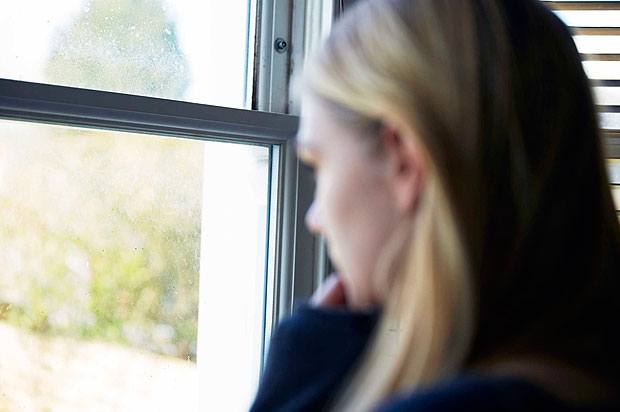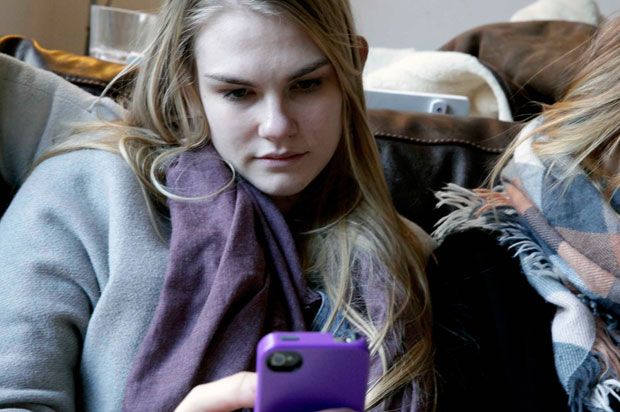Leaving care
There are lots of organisations that can provide support and information when you leave care. What's important is that you know what's available and what questions to ask to ensure you make the right choice.

What next?
What happens when I leave care?
Even though a Care Order will automatically end when you are 18 years-old, Social Services still have to offer you help until you’re 21. In fact, since changes in December 2013, you can stay with your foster carers if you want to and they’ll be paid until your 21.
There are rules about what you’re entitled to when leaving care. They’re designed to help you in several ways, including making sure you’re ready to leave care, health, budgeting and finding suitable housing. It may be a good idea to look into the different type of categories that will determine what you’re entitled to.
Because there are variations throughout the 150 local authorities, Martin Hazlehurst from the National Leaving Care Advisory Service has put together a list of questions you should be asking your social worker to help identify what assistance you’re entitled to.
1. How old will I be when I leave my foster carer or children’s home?
2. How will this be planned and how will I be prepared?
3. How much notice will I get and can I decide when I think I am ready?
4. Where will I move to and will I have a choice in this?
5. Will I keep my social worker?
6. Will I be able to keep contact with my foster carer or key worker?
How will I be helped to carry on with my education?
7. What will happen if things go wrong and I want to go back to being in care?
8. Will I get money to help me buy the things I need, and how much?
9. How long can I expect social services to carry on helping me?
Where will I live?
Where you live depends not only on what you want, but also how much help your Social Worker/Personal Advisor thinks you’ll need until you’re 21. This could be a flat on your own or with friends, a live-in job or young person’s hostel.
Supported accommodation allows young people to live independently but still have easy access to help and support. There are several charities that provide this.
When you hear the words “YMCA” you might have to resist the urge to dig out that cowboy outfit and flex your vocal chords, but the fact is that it’s the UK’s largest provider of supported accommodation. Not only does the YMCA provide accommodation, it also offers assistance and advice with education, health and work.
Catch 22 is a national charity for under-supported young people. It provides a range of services, including help with supported accommodation and education. Shelter can also help with supported accommodation.
You can also ask your council for £2000, this is called a ‘setting-up home allowance’ or a ‘leaving care grant’ and you can use it to set up safe accommodation.
Work or study?
If the world of work is beckoning, chat to your social worker about getting help with application forms, interview techniques and references.
If you want to re-take exams or go to college or university, social services must support you with housing and funding. All care-leavers are entitled to a £2000 bursary for uni, as well as the usual student loans.
There are many projects that can help you in this area. Including the YMCA and Catch 22 which offer a variety of opportunities to learn and develop skills;
Show me the money
If you’re being financially supported by Social Services then you cannot claim Job Seekers Allowance, Income Support or Housing Benefit – unless you’re 18 years-old, a lone parent or a disabled young person. This seems a bit tight, but the theory is that the Government wants young people in care to be subject to the same benefit rules as young people living at home with parents supporting them.
Next Steps
- Chat about this subject on our Discussion Boards.
By Liz Scarff
Updated on 29-Sep-2015
No featured article









